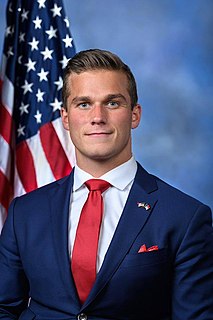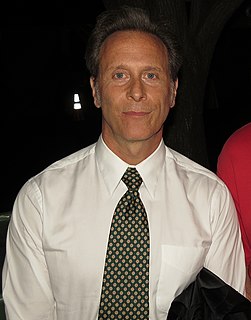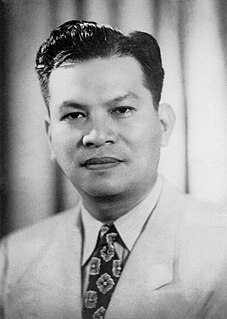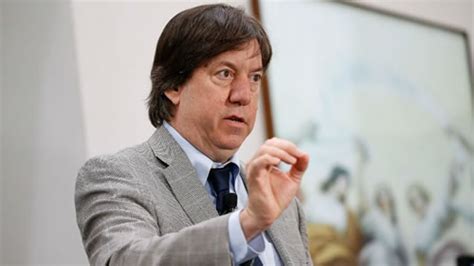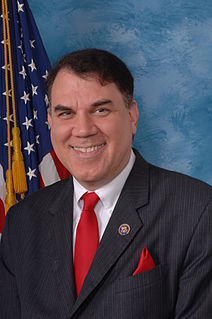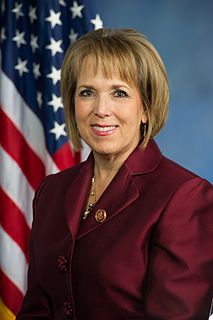A Quote by Steve Scalise
Related Quotes
Under the rule of the "free market" ideology, we have gone through two decades of an energy crisis without an effective energy policy. Because of an easy and thoughtless reliance on imported oil, we have no adequate policy for the conservation of gasoline and other petroleum products. We have no adequate policy for the development or use of other, less harmful forms of energy. We have no adequate system of public transportation.
Meaning and value depend on human mind space and the commitment of time and energy by very smart people to a creative enterprise. And the time, energy, and brain power of smart, creative people are not abundant. These are the things that are scare, and in some sense they become scarcer as the demand for these talents increases in proportion to the amount of abundant computing power available.
The problem is the policy makers don't have practitioners in the policy team. You won't make an IT policy without consulting a Narayan Murthy or Nandan Nilekani. But for energy, people think they know everything and they know what to do for it. That's how the policies are created in Delhi and that needs to change.
You might declare that global warming and energy insecurity, not to mention urban sprawl and pollution, have intensified the sin of indulging one's motoring desires. And I would not argue with that point. You're right. I am a bad man. But over the long term, if you want to develop a new transportation and energy policy, you'd probably want to err on the side of assuming that people won't change much. And it is human nature to like to be empowered.
Despite the insanity of using whether you would want to have a beer with someone as a legitimate reason for voting for or against them, I always felt that is indicative of a massive problem in politics: It matters as much what your personality is as how smart you are or how good you are at your job. That is a huge, huge problem. A lot of people who are very smart or very good at their jobs are not people I would want to ever have a beer with - but I would want them making massive policy decisions with huge implications for the future of the planet.
We [American nation] can now, by virtue of new technology, actually get all the energy we need in North America without having to go to the - the Arabs or the Venezuelans or anyone else. That's why my policy starts with a very robust policy to get all that energy in North America, become energy-secure.

